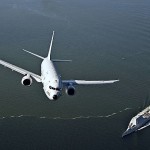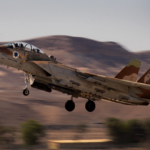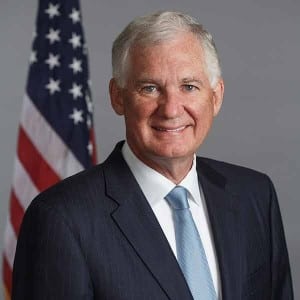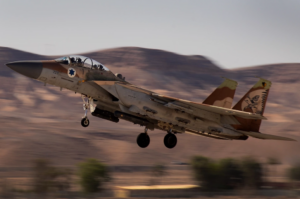By Marina Malenic Boeing [BA] executives said recently that they are awaiting Pentagon decisions on which capabilities from a now-canceled major satellite communications program will be harvested and inserted into its Wideband Global Satellite (WGS) constellation. Over $3 billion had been spent on the Air Force's secure Transformational Satellite (TSAT) program before it was terminated last year, according to Craig Cooning, Boeing's vice president for space and intelligence systems. "The government still has to pick what the requirements are," Cooning…
Contract Updates
UPDATE: Affirmative Solutions LLC (Cheyenne, Wyoming (SPE2DE-26-D-0003) – $49,500,000)
UPDATE: Affirmative Solutions LLC,** Cheyenne, Wyoming (SPE2DE-26-D-0003, $49,500,000) has been added as an awardee to the multiple award contract for medical and surgical supplies for the Defense Logistics Agency Electronic Catalog, issued against solicitation SPE2DE-22-R-0017/SPE2DE-26-R-0003 and awarded Sept. 28, 2023.
BL Harbert International LLC (Birmingham, Alabama) – $171,506,091
BL Harbert International LLC, Birmingham, Alabama, was awarded a $171,506,091 firm-fixed-price contract for the conversion of existing administrative space to a data center, laboratories, and updated administrative space. Bids were solicited via the internet with three received. Work will be…
ICF Mercantile LLC (Warren, New Jersey) – $150,000,000
ICF Mercantile LLC,* Warren, New Jersey, has been awarded a maximum $150,000,000 firm-fixed-price delivery order (SP8000-26-F-0008) issued against an indefinite-delivery/indefinite-quantity contract (SP8000-26-D-0005) for aerospace grade rayon fiber. This was a sole-source acquisition using justification 10 U.S. Code 3204 (a)(3)(A), as…
Lockheed Martin Corp. (Orlando, Florida) – $328,500,000
Lockheed Martin Corp., Orlando, Florida, was awarded a ceiling of $328,500,000 undefinitized contract action issued as a letter contract for Department of Defense and Foreign Military Sales (FMS) Sniper, Infrared Search and Track, and Low Altitude Navigation and Targeting Infrared…













